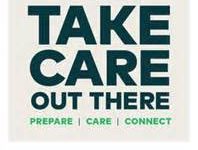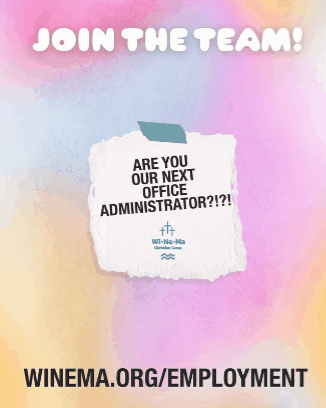COVID-19 is still a reality in Oregon and Oregon Parks and Recreation Department (OPRD) is asking visitors to do their part to help protect themselves and the health of their fellow Oregonians.
The state park system has been slowly reopening since early May, but nearly every park is experiencing reduced levels of service due to a $22 million budget gap. OPRD is relying on visitors to help us through this unprecedented time.
Some state parks will remain closed until at least Labor Day. To date, these parks include:
- Alfred A. Loeb State Park campground and day-use.
- Battle Mountain Forest State Scenic Corridor day-use (no campground).
- Cape Blanco State Park campground and day-use (closed through 2020).
- Carl G. Washburne Memorial State Park campground.
- Devil’s Lake State Recreation Area campground.
- Saddle Mountain State Natural Area campground and trails.
- Ukiah-Dale Forest State Scenic Corridor campground and day-use.
- Umpqua Lighthouse State Park campground.
Other parks may be added to this list. Check our state park status map for the latest information.
The best thing way to keep yourself and others safe is to “Prepare + Care.” Prepare before you leave the house, then take care of yourself and the people around you while at the park.
Prepare
- If you’re not feeling well, stay home. The parks will still be here when you recover.
- Whether you’re stopping for the afternoon or camping overnight, bring the essentials with you: face coverings, hand sanitizer, trash bags (pack it in, pack it out), water, snacks, and toilet paper.
- Choose a park close to home. The shorter your trip, the fewer stops you have to make on the way there, and the less time you’ll be in close proximity with others.
- Check the park’s webpage in advance to learn what amenities are available. Some may be closed; read the “reduced services” section below.
- Make a backup plan for your outing. Summer is a busy time at state parks, and people are extra stir-crazy this year. If you show up and the park or parking areas look crowded, turn around and follow your backup plan.
- Parking may be limited, and please don’t park on road shoulders or private roads. It’s dangerous and you risk your vehicle being damaged or towed. If the parking lot is full, turn around.
Care
- Try to maintain at least 6 feet of physical distance from folks that aren’t part of your household.
- Please wear a face covering, especially when in congested areas like parking lots, trailheads or restrooms.
- Take it easy while at the park: stick to trails and activities you’re familiar with. If you get in over your head and get injured or lost, that will further strain our already thin resources.
- Take your trash with you when you leave. Garbage service has been significantly reduced and packing out what you pack in is a huge help to park rangers.
- With the weather heating up, campfire restrictions may be in effect in some state parks. Check campground and trailhead notice boards for posted fire restrictions, or call ahead to double check. Fireworks are never allowed in state parks or on the ocean shore.
Reduced services
We have far fewer staff than we normally do for the busy summer season. Park rangers will be focused on essential duties to keep you safe, so other typical services may fall by the wayside. Events and programs will be canceled, ice or firewood sales may be suspended, and grounds maintenance and trash pickup will be less frequent. Service availability may change quickly.
Many facilities will be closed or have sharply reduced hours. Shower/restroom facilities, ranger booths, welcome centers, and other places will be affected. Go to the webpage for the park you plan to visit before you leave to learn what’s open and what’s closed. When you arrive at the park, scope out the open facilities.
Don’t forget: normal park rules still apply. Visit the state parks recreation FAQ for a refresher.
Learn more about safe recreation in parks during the pandemic, including more specifics for day-use and camping, on the state parks website: stateparks.oregon.gov.


